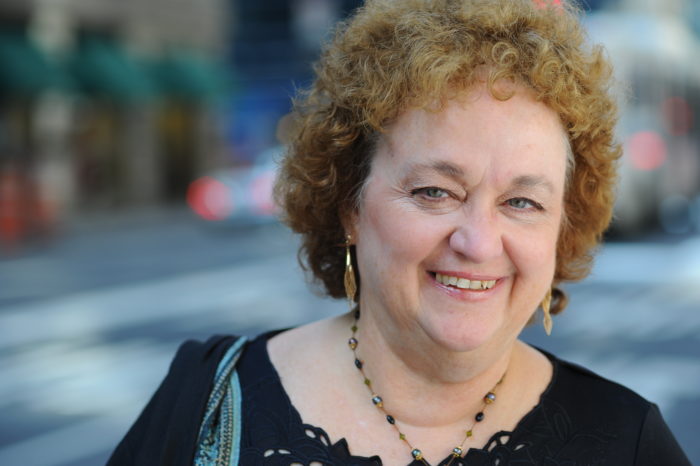
Background: I’m a licensed psychotherapist in S. California, with 30 years’ experience in counseling individuals and couples. I’m also the author of 13 books in 16 languages, including How to be Happy Partners: Working it out Together, Love Styles: How to Celebrate Your Differences and The Real 13th Step: Discovering Confidence, Self-Reliance and Independence Beyond the 12-Step Programs
Ten things you don’t know about marriage counseling
As a marriage counselor/psychotherapist in private practice, I encounter a lot of people who waited far too long to come in for counseling because they didn’t understand what it was or how it could help them. These ten things will clear up confusion and help you understand when counseling would be a good idea for your marriage.
1. It’s not about airing your dirty linen in public. No good therapist will chastise you for your behavior or attitudes. Counseling is about helping you get what you both want, and helping you to communicate.
2. It’s not about changing your partner. The best way to change your partner is to change how you relate. A counselor has the perspective to see what both of you are doing and saying that is interfering with your communication. He or she will show both of you what needs to change to make your relationship better.
3. It really can vastly improve your marriage, and make you happier. If you’re not getting what you want in your relationship, or not able to figure out what your partner wants, counseling is a place to learn those things, and find out the emotional blocks that are stopping you from being happy.
4. You can learn skills you didn’t know you needed, that will get you what you want. A good relationship requires skill in communicating, knowing what you want and knowing how to articulate how you feel in a non-confrontational way. Couples have to learn how to work together, negotiate and cooperate. Counseling is an opportunity to learn those skills.
5. It’s not scary, it’s enlightening. You won’t be harmed or belittled — instead, you’ll be delighted at what you find out. Imagine the confusion and upset fading away, and being replaced by clarity and renewed affection.
6. It doesn’t cost a lot. The earlier you go in, the quicker you can get the problem solved, and the less it will cost. Don’t wait until the resentment and hurt feelings have built and festered for years. If you go in as soon as you feel something isn’t working, the counselor can help you figure out what is wrong, and quickly correct it. If you let bad habits become ingrained, it takes longer to fix them.
7. No topic is off limits. Whatever you haven’t been able to talk about, the therapist will create a safe place for you to hear and be heard. One couple I worked with called counseling “adult supervision” because it helped them to be able to hear each other talk about things they hadn’t been able to discuss without fighting. The counselor will make sure you are hearing each other, and thinking rather than reacting.
8. Fighting is not a necessary part of marriage, but communication is, and therapy will help you change your fighting to communication. All couples have disagreements. When you learn how to listen to each other, and how to communicate without confronting, arguments become sessions for understanding and working things out.
9. Even if you are getting divorced, you can benefit from marriage counseling. If you have children, you’ll have a relationship forever, so learn how to work together, even if it’s just for their sake. Whatever problems you’re having in this relationship are likely to come up in the next one, unless you sort them out and figure out how to do it different. Whatever you learn here will be helpful in all future relationships, with partners, family, friends and colleagues.
10. It’s about partnership, sweetheart. Every marriage needs to be a partnership, emotionally, financially, socially and domestically. Therapy can teach you how to do this, even if you already get along. You can learn how to work together to solve every problem that comes up in a relationship, from intimacy to extended family issues to financial struggles. Learning how to cooperate rather than struggle and compete will make walking together through life a pleasure.
Author Bio: Tina B. Tessina, Ph.D. (www.tinatessina.com) is a licensed psychotherapist in S. California since 1978 with over 40 years’ experience in counseling individuals and couples and author of 14 books in 17 languages, including It Ends With You: Grow Up and Out of Dysfunction; The Ten Smartest Decisions a Woman Can Make After Forty; Love Styles: How to Celebrate Your Differences, The Real 13th Step , How to Be Happy Partners: Working it Out Together and How to Be a Couple and Still Be Free. She writes the “Dr. Romance” blog (drromance.typepad.com), and the “Happiness Tips from Tina” email newsletter. Online, she’s known as “Dr. Romance” Dr. Tessina appears frequently on radio, TV, video and podcasts. She tweets @tinatessina